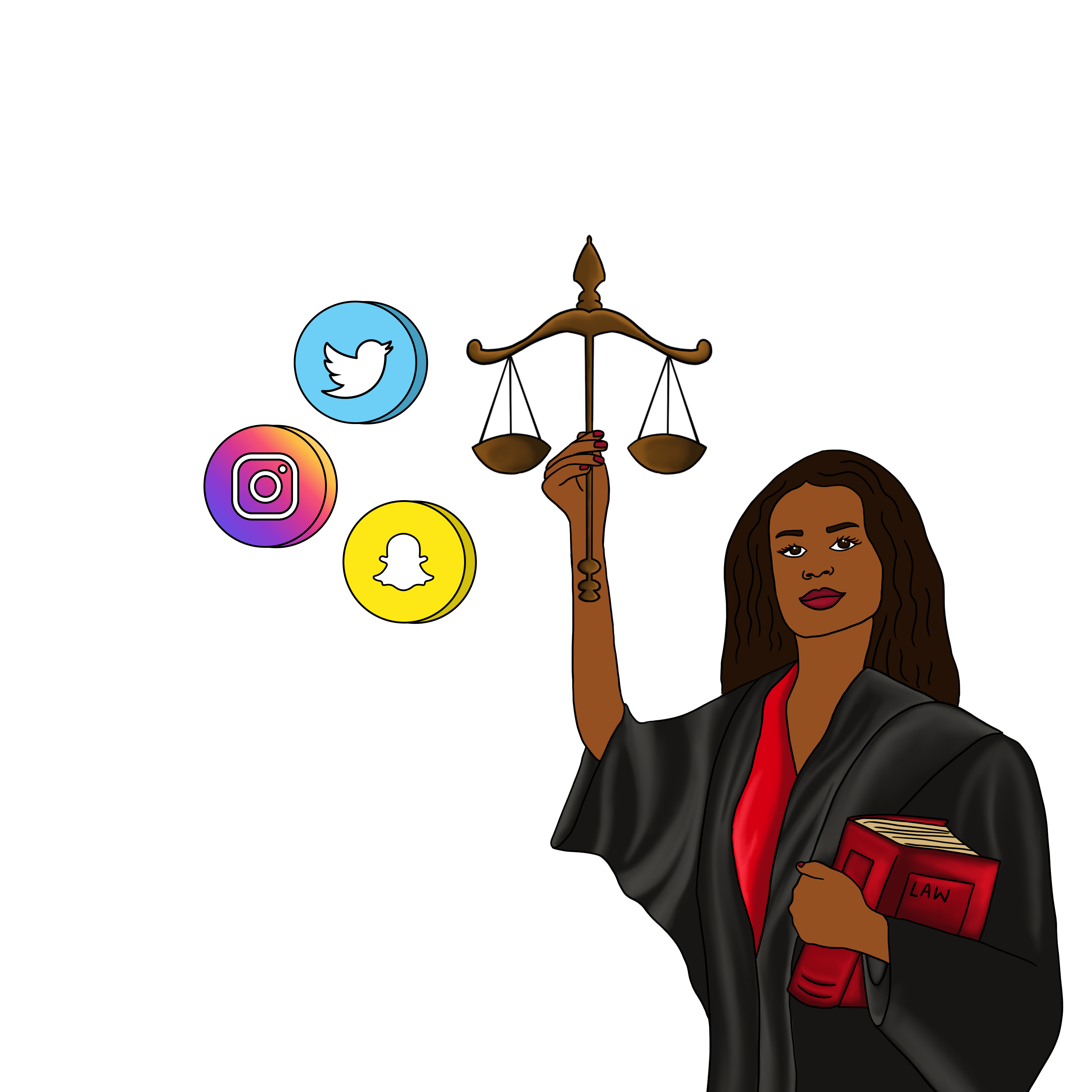By Sabah Bano Malik
When I was a kid growing up in a large and close-knit expatriate Pakistani community in Maryland, in a city just about 20 minutes outside of Washington DC, one of the few sanctioned places where my friends and I could explore unchaperoned was the local mall.
I remember the first year I could go ALONE to the mall with just a friend or two with me. These were the first times in our lives where we walked around feeling immensely grown-up and powerful, no mom and her friend trailing a few paces behind or ahead of us (most likely also the mom of my friend who my mom was also friends with, in this insular cyclical loop of friendship that our community thrived on).
Those were some of our first steps of independence taking leaps and laps around the mall, popping in and out of stores, rarely if ever buying anything and most importantly strolling through the food court.
The food court was an exciting neutral ground – it was not a store that served one gender, or a more expensive store where we were bound to run into someone’s mom or dad, the food court with its delicious offerings and its large variety was also home to other exciting options and possibilities in the shape of Pakistani and Indian boys from the larger and combined desi community.
Though my friend group was all born and raised in the USA, we were raised with a heavy dose of Bollywood and ideas of what the future looked like when it came to love and marriage – mostly that until our parents wanted it for us, we had no right, no chance, no way, of talking to boys and reputation came before everything to get someone to marry us.
And since romance was presented to us as a far, far away mom-dad approved situation, we romanticized every single interaction with every single boy and the chance of locking eyes while walking in the food court (back and forth, back and forth as many times as it took to get out full) was so thrilling. We loved pushing the boundaries and we loved the risk and the thrill of possibly just possibly getting to say ‘hello.’
The irony is if it had not been so forbidden, we probably would not have been so easily impressed or so desperate to push our luck in the first place.
I also want to make it clear here that I firmly believe that the restrictions on our interactions with the opposite gender or of anyone we would be sexually or romantically inclined towards did a huge disservice to us as people. It creates a breeding ground for abuse and confusion and inadequate boundaries when you have never been allowed to develop understandings of how these sorts of things happen. “These sorts of things” being talking, dating, marriage. All of it.
As we got older and either time eased constraints or time built our confidence up, it was not uncommon to drop a hey or even make small conversation but still there was a tension that colored these interactions. The real knowledge of feeling ill-prepared to do any of it, and by any of it I mean say hello, and more importantly and ominously and overbearingly – the fear of being seen.
Since the mall was a place that people from our communities often found themselves, where moms would socialize and run errands, where hours would be spent to kill time, it was as we got older and our bodies and our actions got further and further policed less a place of freedom and more like navigating a minefield.
Wearing sleeveless to the mall and running into an aunty? Literally run. Walking around the mall alone with no real reason to be there and spotted by an aunty? Talk of the next dawat. Seen with a boy? RIP.
Being seen with a boy at the mall was the kind of risk that could knock us down at the knees. To even think of the slim chance it could happen until this day could make me hitch my breath. And it is not that we would purposely be at the mall with this boy, I mean quite literally saying hi because you ran into one another and you know each other from a decade of growing up side by side so it would be weirder not to. That being seen could be your complete undoing.
It was terrifying to think you could be spotted. Even in this large space, a mall with different levels and corridors and wings, a place one could easily get lost in, could disappear amongst the crowds – the threat of being outed or of being seen, of being the topic of scandal was great.
I know two friends of mine who were “caught” this way, not by their own parents but by the greater community who reported it back to their parents (and to everyone else’s parents) and cost them time and freedom and respect. They were just walking around a mall, taking a chance at autonomy.
When I was in university at the age of 19 I went to a mall near my school, not one I would visit growing up about 40 minutes away from my hometown, but one I knew better about. This mall served the greater community who lived closer to these parts. Just once I risked going to the mall with a male friend, it was after 7 and it seemed unlikely we would run into anyone.
You know what happens when we assume right? We end up running our ass right out of the mall and hoping no one saw us.
I was walking with my platonic friend (pla-ton-ic) and from the corner of my eye I felt eyes on me, two floors above looking down was the daughter of one of my mother’s friends. 20 years older than me at a minimum, her eyes bugged out as she saw me walking (platonically walking) side by side with this male friend (super platonic). I remember my blood running cold, I remember the cold sweat, I remember the confused laugh of my (platonic) friend as I ran (he the platonic had not experienced this fear of being brown by having the very important HE card).
It did not matter if he was platonic, it should not matter if I have convinced you even now that he was platonic, but platonic can sometimes, very rarely, be the Band-aid when it comes to female autonomy – if you are incredibly lucky. And incredibly privileged.
I do not know if word got out about my mall tryst, I ended up so panicked and terrified I called my mom to confess my sins, my heinous platonic sins, myself so if the story made it to the gossip circles, she had the ammunition to fight back. Of being “in the know” of claiming it was all for a school project, of portraying an understanding of the platonacy of it all.
So why am I talking about all of this in an issue focused on gender and the internet?
Because I think the internet has been an ally and a friend to help Pakistanis when it comes to getting to know people of their desires, their attractions, the people who give them a shimmy in the shoulder and a wink in the eye. Essentially, it’s become a powerful tool to make the first move, something many of us never even thought was something we could do, or should ever do, or keep any respect for us or our ancestors by doing. And by making the first move I mean talk to men first. Because for us that is the biggest move. The allusive move.
We talk a lot about what the internet has revolutionized – communication, information sharing, music, movies, truthfully being a creep – but people leave out one of the most important things, it has revolutionized the world of flirtation and making moves.
When I was 14 I messaged my first boy on the internet and decided to be a badass and yell YOLO and get my dial-up in action, get on MSN messenger and say “hey!” And it was exhilarating.
No one could see it, no one could sense, only I knew it was going down and though it went absolutely nowhere it felt powerful to be able to do it? You know?
The internet turned the digital space into the mall and there are no parents of friends or friends of your parents to spot you on there (especially if you use it right, privacy controls people that are crucial).
In fact, as an avid and energetic member of Pakistan Twitter I have witnessed #WeMetOnTwitter, the hashtag which is very aptly named, used to share the stories of people who met on Twitter and went from DM, like, retweet, quote tweet, or comment into love, relationships and often marriage.
To provide proof for my theory that the internet has particularly emboldened Pakistani women to make the first move I asked women to share their stories of making the first move, and of the privacy the internet afforded them and how it helped.
A friend on the internet married her “we met on Twitter beau” by following him – that was her first move.
“I thought he was so cute, like bohot cute,” she told me over DMs, “and when he followed me back I felt like he had to be at the least intrigued so I started responding to his Tweets, eventually on Instagram I started responding to his stories.”
A few years later the pair met in real life (IRL) and fell in love and tied the knot.
“It definitely made it easier being online, you could go for something and if nothing happens it just dies right there, it won’t haunt you, there’s little risk of it getting out,” she said.
This was a shared sentiment in my research (asking people on Twitter and Instagram to tell me their stories.)
“I’ve always felt more empowered doing it online. I’ve shot shots before in person as well but they never worked at all. Since you’re online, it’s a weird sort of a confidence boost because they can’t see you so there’s more room for silly mistakes,” said Rabia Mazhar, one half of a “we met on Instagram” couple I particularly adore. “If things don’t work out, you can always call it quits, apologize and never talk to them again and it’s completely okay. In person, you have to interact with them some way or the other and it’s awkward.”
Rabia wants reaching out on the internet to be more of a norm and found her now husband by following him on Instagram in 2018 and consistently making convo with him by responding to his stories.
“Then Covid came over and the country went into lockdown. We started talking even more and only on Instagram although we had exchanged numbers. One day, I taunted him ‘ke yaar kabhi phone bhi kar liya karo.’ We had our first call that lasted 5 minutes and it was super awkward,” said Rabia. Shortly after Rabia herself took a swing and shot him a proposal, “His response: ‘lol’. And he left me on seen!” laughed Rabia.
Sometime later Rabia supported her now husband’s endeavors and when he felt the friendship and the support it wasn’t too long that he expressed how he felt. The couple are now nearly 6 months into their marriage.
And it started from Rabia feeling like she could contact him in a safe space, down in the DMs.
Another pair who met on the internet came from Reddit.
A Twitter dost shared with me her love story and the way the internet made it possible.
“I made a Reddit post as a teenager about wanting to make Pakistani friends, then messaged this guy who had similar musical tastes as me, the same guy I am currently with,” she told me in my own DMs, where we actually built our friendship ourselves.
When I said to her “the internet makes making a move easier for us because in person it’s like any autonomy is viewed as being an easy discardable whore.”
“Absolutely,” she said. “Couldn’t have said it better myself. Women like us are intimidating in person.”
Reddit gave her tools IRL simply could not.
“The anonymity of Reddit made it nice because they didn’t know what I looked like so it felt more genuine. And I think it’s hard for Pakistani women to meet like-minded men in person, there aren’t that many of them.”
I did a poll on this on Instagram asking if the internet made it easier for women to make the first move as compared to in IRL, of the 1733 responses I got 74% said it absolutely did with over 80% of those 74 saying they often made the first move (moves on the internet are inclusive of sliding into the DMs, liking posts, following, commenting, sharing). And many shared that though they faced rejection they still enjoyed that it gave them a place to do all of this.
“I could never and still would never approach a man myself in person,” said an Instagram buddy of mine, “it’s hard to not think of yourself as doing something so crazy but people, especially men, judging you for that. So online is easier, and I have been rejected but at least no one else knows about it.”
“I have been rejected lots of times but I respectfully take the L and keep it moving – just like in real life no one is obligated to respond or return my interest,” said another friend who shared she “loved sliding into DMs.”
“Honestly, it makes me feel like I get to be part of this game that boys have played our whole lives with our society’s encouragement, taking a chance on getting to know someone, taking a chance on saying hi,” she said. “I feel I am learning how to flirt and what I am attracted to and I would not be able to do that without the internet.”
Of the We Met on Twitter stories I heard all of them started with confidence on the woman’s side at being able to make a move with the safety of being physically away not only from a stranger but from the prying eyes and holds of our family and cultural landscapes which demonize female autonomy.
The internet has for some people carved a space where they can take a bit more of a lead and I think that’s pretty badass.






